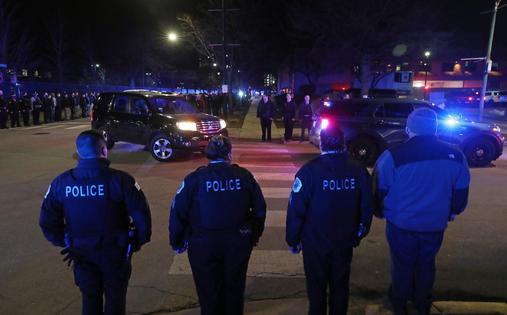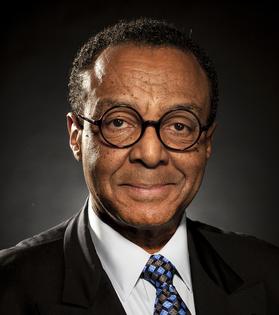Police Suicides Remind Us That Our Folks in Blue Get the Blues, Too — To a Deadly Degree
Reports of the recent death of a Chicago police officer from a self-inflicted gunshot reminded me of a sadly startling statistic: Police in recent years have been more likely to die by suicide than in the line of duty.
That’s according to Blue H.E.L.P., a Massachusetts-based nonprofit that tracks police suicides. Since the organization relies mainly on information submitted by current and retired officers, spokesmen say, the true totals are likely higher and tend to grow as more information is submitted and verified.
At least 228 officers at the local, state and federal level died by suicide in 2019, the highest number the organization has reported yet. Reports fell with the pandemic in 2020 to 174, and so far this year, the tragic number is 79.
In Chicago, off-duty Officer Christian Furczon appeared to be the third Chicago police officer to take his own life since March — and at least the 12th since 2018 — after his body was discovered near Nathan Hale Elementary School in the Clearing neighborhood, according to the Cook County medical examiner’s office.
Suicide already was taking a terrible toll on Chicago’s police. A Department of Justice report a year earlier said the city’s officer suicide rate was 60% higher than the national average for law enforcement officers.
My condolences to Officer Furczon’s family and friends. As those of us who also have endured the tragedy of suicide in our families know the hard way, there is no truly comforting explanation for it.
Yet, during more than a year of pandemic misery, racial reckoning, street protests and police accountability issues after the tragic recorded murder of George Floyd by a Minneapolis cop, I can’t help but think about the pressures facing police, most of whom do not make bad news.
As much as some people tout the “defund the police” slogan, I find that a lot more of us want to improve the police as well as the services they provide and, let us not forget, the services they themselves often need — including mental health services.
“I think the police culture is changing. They see that they can reach out more for more help,” Carrie Steiner, a former Chicago police officer who became a licensed clinical psychologist, told me. “But I think every officer I know is burned out and not doing well.”
That’s what she said last year in her First Responders Wellness Center in Lombard, which she called a first-of-its-kind practice to offer mental health services exclusively to first responders by former and current first responders.
...continued
(c) 2021 CLARENCE PAGE DISTRIBUTED BY TRIBUNE MEDIA SERVICES, INC.










